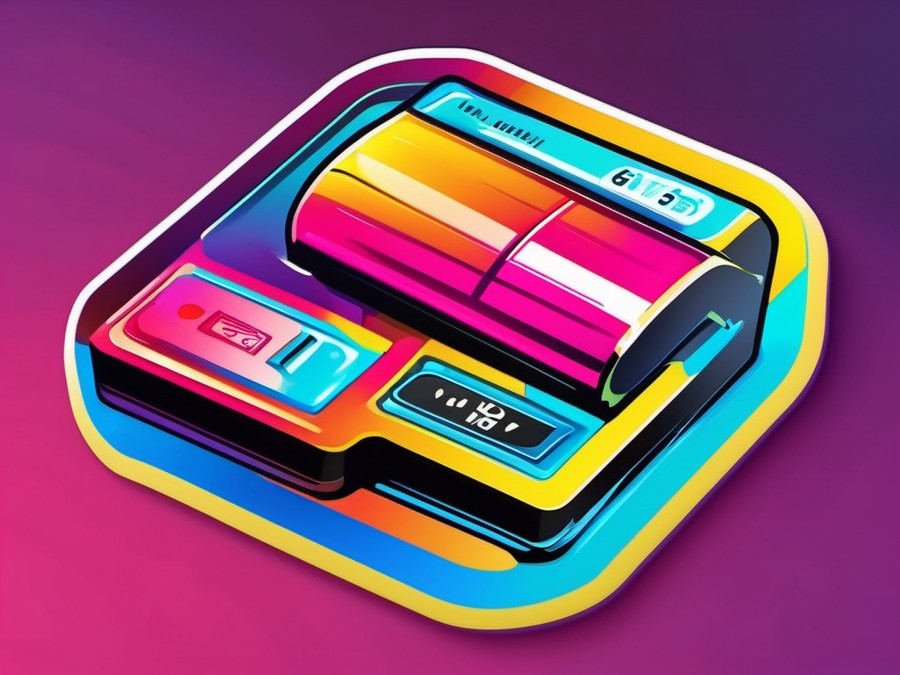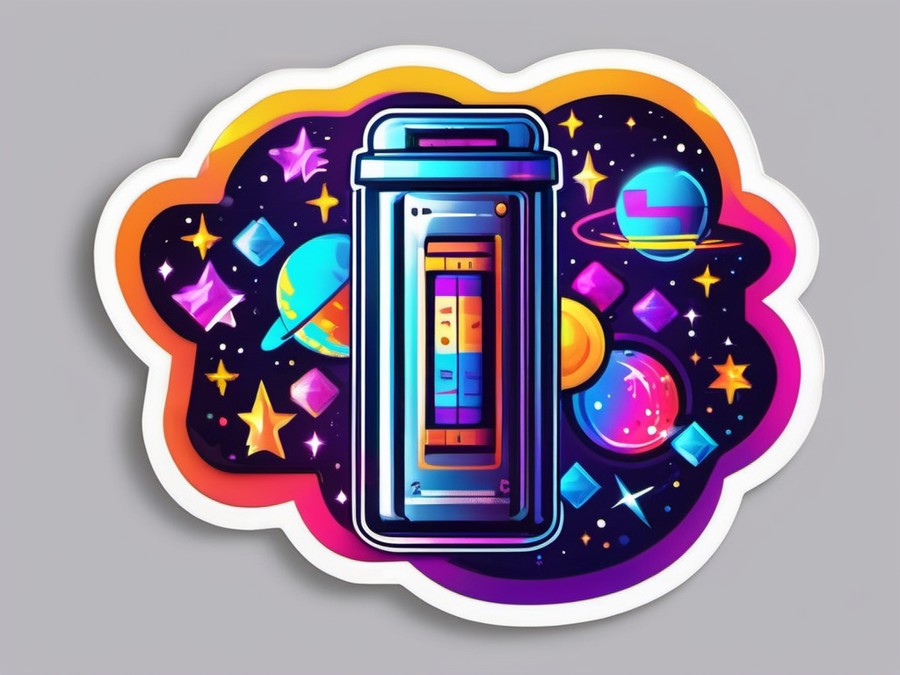· Charlotte Will · Batteries & Chargers · 6 min read
What is the Difference Between Li-Ion and NiMH Batteries?
Discover the key differences between Li-Ion and NiMH batteries, including energy density, charge time, lifespan, and safety. Learn which battery type is best for your devices and explore real-world use cases.

When it comes to powering our devices, the choice of battery can make a significant difference in terms of performance and longevity. Two of the most common types of rechargeable batteries are Li-ion (Lithium-ion) and NiMH (Nickel Metal Hydride). But what exactly sets them apart? Let’s dive into the world of batteries to understand the differences between Li-ion and NiMH batteries.
Understanding Li-Ion and NiMH Batteries
What is a Li-Ion Battery?
A Li-ion battery uses lithium ions as its charge carriers. These batteries are lightweight, compact, and offer high energy density, making them ideal for portable electronics like smartphones, laptops, and cameras. The key electrode materials in a Li-ion battery include lithium cobalt oxide (LiCoO₂) for the positive electrode and graphite for the negative electrode.
What is a NiMH Battery?
A NiMH battery, on the other hand, uses a nickel-based positive electrode and a metal hydride negative electrode. NiMH batteries are known for their high-energy density and low self-discharge rate, making them suitable for devices that are not used frequently, such as remote controls and digital cameras.
The Evolution of Battery Technology
Battery technology has come a long way since the first batteries were invented. From lead-acid to alkaline, and now to lithium-ion and nickel metal hydride batteries, each type has brought its own set of improvements. Today’s modern Li-ion and NiMH batteries are the result of decades of research aimed at improving energy storage, durability, and safety.
Key Differences Between Li-Ion and NiMH Batteries
Chemical Composition
Li-ion batteries rely on the movement of lithium ions between electrodes, while NiMH batteries use a different chemical process involving hydrogen absorption. This fundamental difference in chemistry leads to various performance characteristics that set these batteries apart.
Energy Density
One of the most significant advantages of Li-ion batteries is their high energy density. This means they can store more energy in a smaller space compared to NiMH batteries. Higher energy density translates to longer battery life for devices like smartphones and laptops.
Charge Time
When it comes to charge time, Li-ion batteries generally have an edge. They can often be charged much faster than NiMH batteries, which is especially beneficial for devices that need to be recharged quickly.
Self-Discharge Rate
NiMH batteries excel in terms of self-discharge rate. They lose their charge much slower than Li-ion batteries when not in use, making them ideal for devices that are only used occasionally.
Lifespan and Recharging Cycles
Both types of batteries have varying lifespans and recharging cycles. While Li-ion batteries typically offer more charging cycles, their lifespan can be affected by factors like heat and constant charging. NiMH batteries, on the other hand, may require fewer recharges due to their lower self-discharge rate but might not last as long in terms of total cycles.
Performance and Practical Use
Device Compatibility
When choosing between Li-ion and NiMH batteries, it’s important to consider device compatibility. Many modern devices are designed specifically to work with Li-ion batteries due to their high energy density and fast charging capabilities. However, devices that require frequent recharging or have low power consumption might benefit more from NiMH batteries.
Environmental Impact
Both Li-ion and NiMH batteries have their environmental considerations. While Li-ion batteries are more energy-efficient and can reduce emissions from power plants, their production process involves mining lithium, which has its own environmental impact. NiMH batteries, on the other hand, are made from nickel and hydrogen and are generally considered more environmentally friendly.
Cost Comparison
The initial cost of Li-ion batteries is often higher than that of NiMH batteries. However, this is balanced by their longer lifespan and higher energy density. NiMH batteries might be more cost-effective for devices that don’t require frequent recharging, but they may need to be replaced more often.
Safety Considerations
One of the most common concerns with Li-ion batteries is their safety. While they are generally safe, there have been instances of overheating and fires, especially if the batteries are damaged or poorly manufactured. NiMH batteries, on the other hand, are known for their safety and stability, making them a reliable choice for many applications.
Real-World Examples and Use Cases
Common Applications for Li-Ion Batteries
Devices like smartphones and laptops benefit greatly from Li-ion batteries due to their high energy density and fast charging capabilities. These devices require a lot of power, and Li-ion batteries can provide it efficiently.
Common Applications for NiMH Batteries
For devices that don’t require constant high power, like remote-controlled toys and cordless tools, NiMH batteries are a better fit. Their low self-discharge rate and long lifespan make them ideal for these types of applications.
Case Studies: Companies Choosing Li-Ion or NiMH
Many companies opt for Li-ion batteries in their latest products due to consumer demand for longer battery life and faster charging. For example, Apple uses Li-ion batteries in its iPhones to ensure that users can enjoy extended usage times and quick recharging.
On the other hand, companies producing tools and equipment might choose NiMH batteries for their reliability and safety. For instance, Makita’s cordless tools are often powered by NiMH batteries to ensure that they can withstand frequent use without needing to be recharged frequently.
Future Trends in Battery Technology
Innovations and Advancements in Li-Ion Tech
The future of Li-ion technology looks promising with advancements in energy density and charging speed. Research is also focused on improving the safety of Li-ion batteries to address concerns about overheating.
Emerging Alternatives to Li-Ion and NiMH Batteries
While Li-ion and NiMH batteries dominate the market, new technologies like solid-state batteries are on the horizon. These batteries promise even higher energy densities and faster charging times, potentially revolutionizing the industry.
Conclusion
In conclusion, the choice between Li-ion and NiMH batteries depends on the specific needs of your devices. Li-ion batteries offer high energy density, fast charging, and long lifespan but come with a higher initial cost and some safety concerns. NiMH batteries, on the other hand, are more cost-effective, have a lower self-discharge rate, and are generally safer. Understanding these differences can help you make an informed decision when selecting batteries for your devices.
FAQs
Which battery type is better for high-drain devices?
- Li-ion batteries are typically better suited for high-drain devices due to their high energy density and fast charging capabilities.
Can I use NiMH batteries in devices designed for Li-ion?
- While it is possible, using NiMH batteries in devices designed for Li-ion can lead to reduced performance and compatibility issues. It’s generally recommended to use the battery type specified by the manufacturer.
How do I maximize the lifespan of my batteries?
- To maximize battery lifespan, avoid exposing them to extreme temperatures, keep them from overcharging, and store them properly when not in use.
What should I consider when disposing of old batteries?
- When disposing of old batteries, consider recycling options available in your area. Many communities have programs for safe and eco-friendly disposal of old batteries.
Are there any health concerns related to battery exposure?
- While rare, there can be health concerns associated with battery exposure, especially if the batteries are damaged or improperly disposed of. Always follow safety guidelines when handling and disposing of batteries.
For more insights into battery technology, you can explore our articles on Battery Management Systems (BMS) and the differences between Alkaline and Lithium Batteries.




